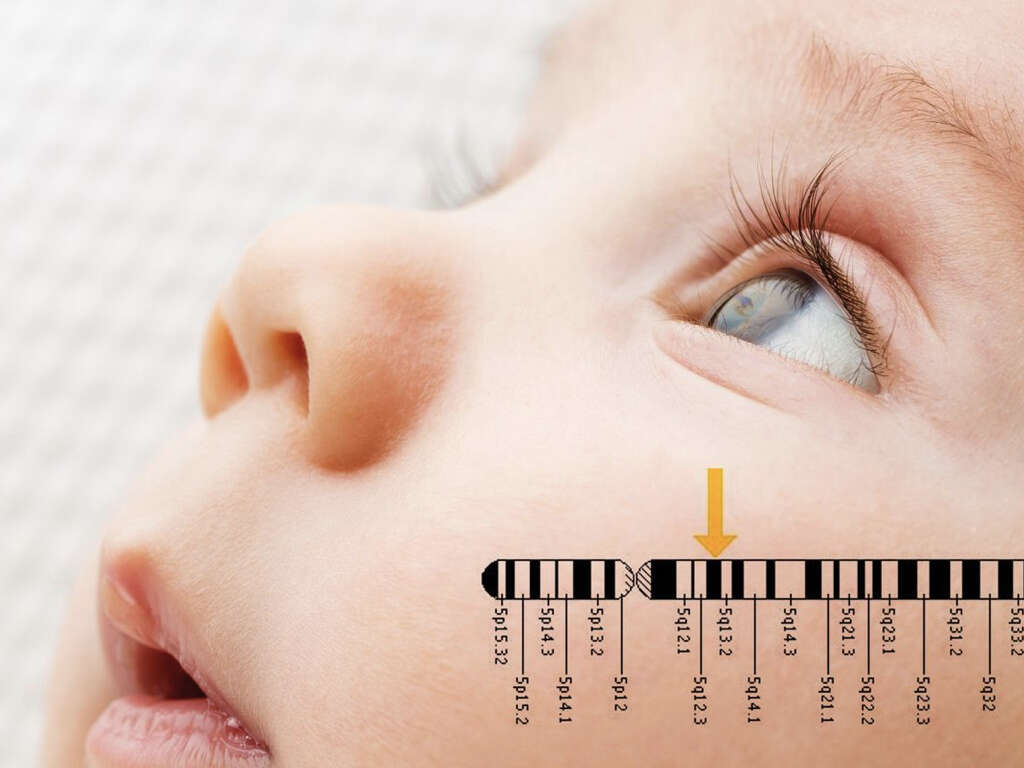10 Low Dopamine Symptoms
Dopamine is an organic chemical that functions as both a neurotransmitter and hormone. It is important as it plays vital roles in both brain and body. It is synthesized through the removal of the carboxyl group from a molecule of the precursor chemical (L-DOPA), which is synthesized in the kidneys and brain. In the brain, it serves as a neurotransmitter to send signals to other neurons.
There are several distinct dopamine pathways where one plays a major role in the component of the reward motivated behavior. It is also involved in motor control and control over release of other hormones. Dopamine functions as a local paracrine messenger outside the central nervous system. It acts as a vasodilator, increases sodium excretion, increases urine output, reduces the nproduction of insulin, decreases gastrointestinal motility, protects intestinal mucosa, and decreases lymphocytic activity.
Since it has many functions, the right balance is important for both mental and physical well-being. When dopamine levels are low, it can lead to the various symptoms discussed in this article.
Symptom #1: Muscle Cramps
A cramp is an involuntary and sudden muscle contraction that is temporary while causing pain and paralysis-like immobility. Despite a sudden onset, it also resolves spontaneously after some time.
Cramps can occur in both skeletal or smooth muscle. Some causes of muscle cramps include electrolyte imbalance, gastroenteritis, overuse, overstretching, and menstruation. Muscle cramps, spasms, or tremors are possible symptoms of having low dopamine levels.
Symptom #2: Fatigue
Fatigue is a gradual feeling of tiredness that can be alleviated by rest. It can be divided into physical or mental causes of fatigue. In physical fatigue, there is temporary inability of a muscle to achieve maximal physical performance and is made worse by intense physical exercise. Mental fatigue occurs when there is temporary decrease in optimal cognitive performance due to prolonged cognitive activity.
Fatigue can manifest as lethargy or somnolence. It is a common and nonspecific symptom that can be seen in various conditions such as dehydration, overwork, stress, inadequate sleep, and illness. It is also seen in patients with low dopamine levels.

Symptom #3: Anhedonia
Anhedonia refers to the reduced ability or motivation to experience pleasure. It is a term that can be used to emphasize the reduced motivation, wanting, liking, or deficits in reinforcement learning.
Medically, it is often a symptom of substance-related disorders, depressive disorders, personality disorders, and psychotic disorders. Anhedonia can also be seen among patients with low dopamine levels. In Parkinson’s disease where patients have low dopamine levels, approximately 7 to 45 percent of Parkinson’s patients are affected.
Symptom #4: Insomnia
Insomnia or sleeplessness occurs when the affected individual has issues sleeping. They may be having issues with falling asleep or staying asleep. Individuals with insomnia tend to also experience low energy levels, irritability, daytime sleepiness, and a depressed mood. It can lead to a higher risk of accidents and difficulty with learning or focusing.
Insomnia can be short or long term. Some causes of insomnia are chronic pain, psychological stress, hyperthyroidism, heart failure, restless leg syndrome, menopause, side effects of medications, and low dopamine levels. In conditions with low dopamine levels such as Parkinson’s disease, insomnia can increase in severity and frequency as the disease progresses.

Symptom #5: Memory Loss
Memory loss or issues with memory can be caused by disease, brain damage, or use of hypnotic drugs and sedatives. The loss of memory can be partial or whole. Memory loss can be generally divided into anterograde and retrograde amnesia. Anterograde amnesia occurs when there is inability to transfer and store new information while retrograde amnesia refers to the inability to recall previous information.
Memory loss or issues have been observed among individuals with low dopamine levels. Studies have found an association between the role of dopamine and the formation of long-lasting memories.
Symptom #6: Akinesia or Hypokinesia
Akinesia or hypokinesia refers to decreased movements of the body. It is characterized by complete or partial loss of muscle movement due to issues in the basal ganglia. This is often seen as a symptom of Parkinson’s disease or other disorders where there are low dopamine levels.
Affected individuals often experience muscle rigidity and the inability to move. This is attributed to the fact that dopamine provides communication between nerve cells and muscle cells. Since the signal transmission is disturbed in low dopamine levels, it can lead to dramatic consequences.

Symptom #7: Constipation
Constipation occurs when the bowel movements are hard or infrequent. Some associated symptoms of constipation are abdominal bloating, pain, and the feeling of incomplete evacuation.
Constipation can result in complications such as anal fissure, hemorrhoids, and fecal impaction. It can be caused by dehydration, irritable bowel syndrome, pelvic floor disorders, Parkinson’s disease (low dopamine levels), colon cancer, hypothyroidism, and side effects of medications such as opioids. Management of constipation includes adequate hydration, exercise, fiber intake, and laxatives.
Symptom #8: Gastroesophageal Reflux Disease
Gastroesophageal reflux disease (GERD) is a condition where there is backflow of stomach contents into the esophagus and, occasionally, the oral cavity. It can cause bad breath, chest pain, taste of acid in the back of the mouth, breathing difficulty, wearing away of the enamel of the teeth, and esophagitis.
Common causes of GERD include pregnancy, obesity, smoking, hiatal hernia, and side effects of medications. Patients with low dopamine levels have also presented with GERD and other gastrointestinal issues.

Symptom #9: Anxiety
Anxiety is an unpleasant emotion where there is a state of turmoil and is often accompanied by nervous behavior such as somatic complaints and rumination. There is a subjective feeling of dread. It should not be confused with fear as fear is a response to a perceived immediate threat while anxiety involves a possible future threat.
Individuals with anxiety often experience fatigue, muscular tension, restlessness, and have difficulties with concentration. Patients with low dopamine levels have been found to feel anxious, guilty, hopelessness, and have low self-esteem.
Symptom #10: Depression
Depression is a state where there is low mood to the point where it affects feelings, behavior, motivation, and thoughts. Affected individuals tend to be sad, experience decreased appetite, and have issues with concentration and thinking.
Since dopamine is released to provide a feeling of satisfaction and an energy boost, individuals with low dopamine levels can experience depression. Various studies have also found that low dopamine levels can result in depression as seen in patients with Parkinson’s disease.











